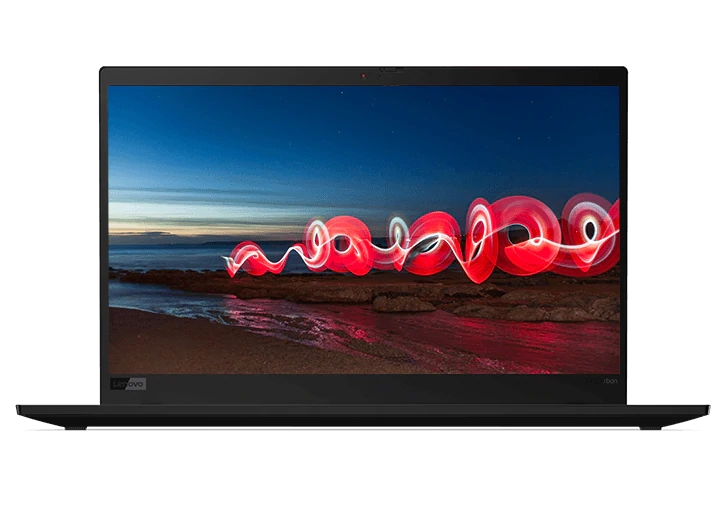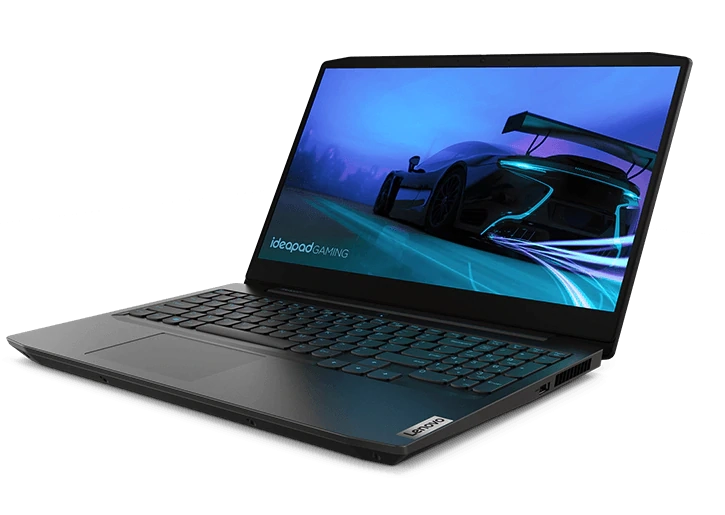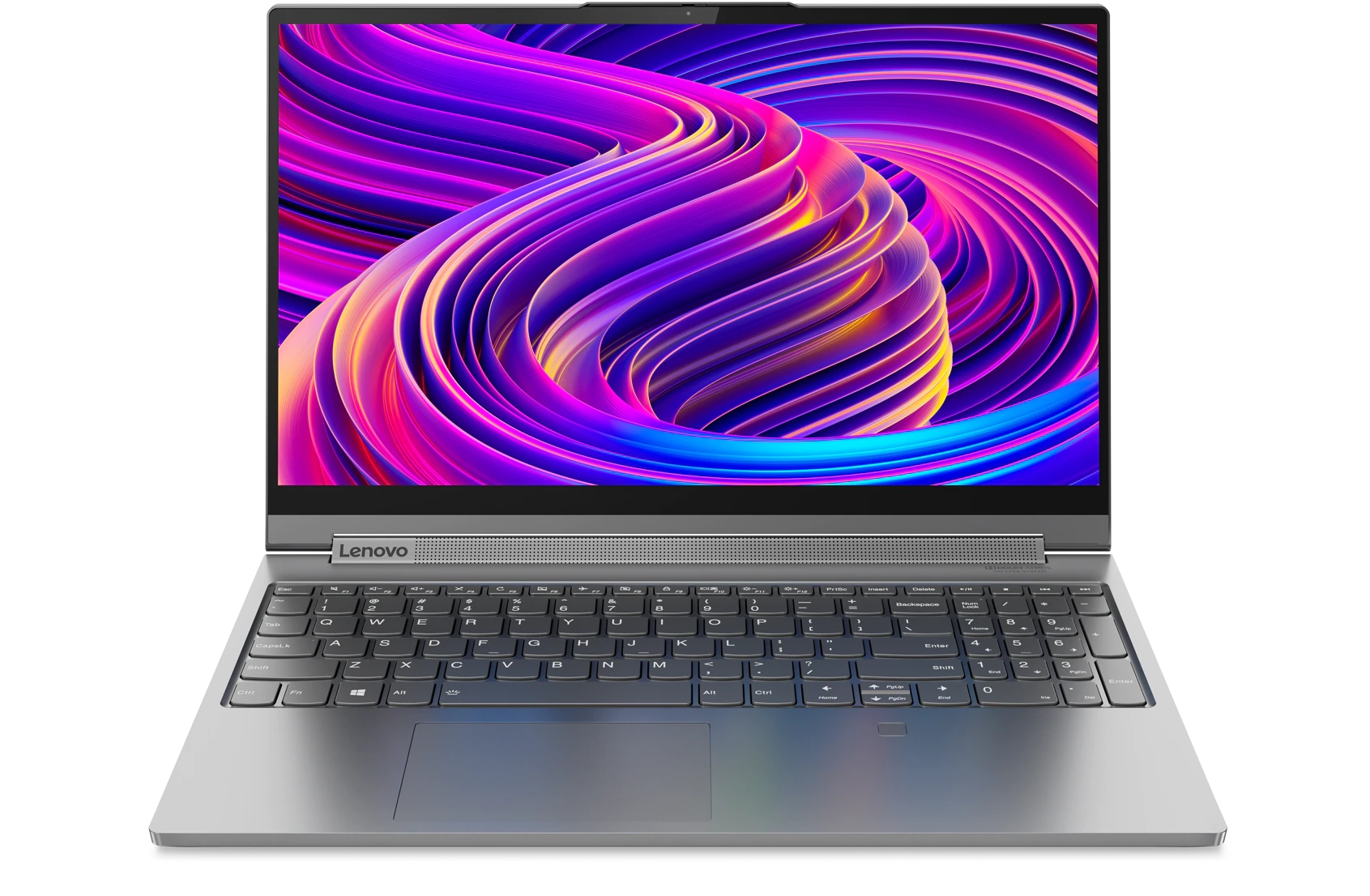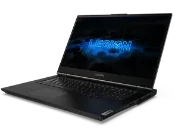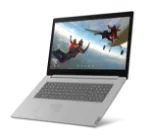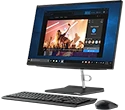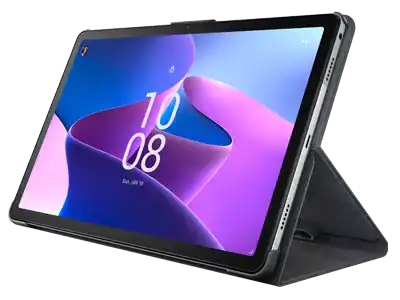-
Explore Laptops2-in-1 Laptops Copilot+ PC Gaming Laptops Mobile Workstations View all Laptops Windows 11
-
By BrandThinkPad ThinkBook IdeaPad LOQ Yoga Legion
-
Espot Path:
/espotdirctory/pc-laptops-espot1
-
Espot Path:
/espotdirctory/pc-laptops-espot2
-

 Contact
ContactPT. Lenovo Indonesia
Wisma 46 – BNI City, 21th Floor
Jl. Jend. Sudirman Kav. 1
Central Jakarta 10220, IndonesiaPhone: +62 21 3002 1000
Email: idsales@lenovo.com
-

 Contact
ContactPT. Lenovo Indonesia
Wisma 46 – BNI City, 21th Floor
Jl. Jend. Sudirman Kav. 1
Central Jakarta 10220, IndonesiaPhone: +62 21 3002 1000
Email: idsales@lenovo.com
Netbooks vs. Tablets: What is the Difference?
Both netbooks and tablets are highly portable systems designed to stay connected on-the-go, freeing users from traditional home and office settings and opening new methods — and locations — for both work and play. But how are netbooks and tablets different? Is one system or the other better for you?
What came first, the netbook or the tablet?
Netbooks first became popular in 2007-2008. These small laptop PCs are built mostly for using internet-based tools and services — surfing the web, running lightweight apps, saving files to the cloud, and so on. Designed to be more affordable than traditional laptops, with less costly components and fewer optional features, netbooks found fast popularity for casual personal or family use and limited-duration business activity. Learn more in "What is a Netbook?"
Tablets gained wide acclaim after netbooks but have a longer history. Many users first encountered the tablet form in the early 2000s as part of the first, relatively bulky "convertible laptops." But it was the debut of the Apple iPad in late 2010 that focused public attention on the standalone, slate-style tablet as an everyday consumer device. Today, tablets — equipped with large, bright touch screens and compatible with home/office wireless and cellular data networks — are produced by every major PC manufacturer and many consider them to be the ultimate mobile computing device. Learn more in "What is a tablet?"
Comparing netbooks and tablets
Netbooks are mostly favored for their compact size, weight and laptop-like ease of use (including a small but functional physical keyboard and multiple ports for connecting additional devices). They provide a no-frills, simple solution for basic computing tasks. With an average screen size of 9-10 inches and weighing about 2.5 to 3 pounds, a netbook can be transported easily and used in almost any setting. However, in order to compensate for their reduced size, netbooks run on less robust processors and have less internal storage than other devices.
Tablets seek to provide a functional middle-ground, with processing capabilities more like those of a laptop and touch screen navigation similar to what users have grown accustomed to on smartphones. Tablets enable quick navigation when browsing the Internet, downloading files, streaming video, and so on. But they tend to run at higher price points than netbooks due to their added capabilities.
Netbooks vs. Laptops: What is the difference?
While a netbook may be similar in many ways to a laptop, there are some differences, including the following:
- Size: With their very compact size, netbooks are considered ultra-portable alternatives to laptops. The average screen size for a netbook is between 9-10 inches, compared to about 15 inches for laptops.
- Hardware: Compared to laptops, netbooks are equipped with less hard drive space and processing power. Laptops can have upward of 250GB of hard drive space whereas netbooks are sometimes limited to just 16-64 GB. In terms of processing power, today's laptops typically have dual-core or quad-core CPUs, giving them a strong advantage in multi-tasking.
- Input options: Laptops and netbooks typically have the same type of input options, including Ethernet and USB ports, although laptops can offer more thanks to their larger size. Unlike laptops, netbooks often do not have optical drives, limiting their ability to load CDs or DVDs.
- Price: Depending on the exact specifications, a netbook can cost a fraction of a regular priced laptop. But in exchange for the lower price, they usually offer far less hard drive space and processing power.
How do I choose between a netbook and a laptop?
There are multiple factors to consider when choosing between a netbook and laptop for portable computing. The importance of each factor will vary depending on each buyer's individual needs.
When shopping for a netbook or laptop, consider these important points:
Netbook Pros:
- Netbooks are lightweight and compact, making them very easy to transport
- With fewer components, a netbook can cost just a fraction of a typical laptop
- Battery life can be longer on netbooks because their limited components use less power
- Solid state drives give netbooks faster data access than laptops with spinning hard disks
Netbook Cons:
- Without optical disk drives, netbooks can't play or load software from DVDs
- Netbooks often cannot support or be upgraded to new operating systems
- Slower netbook processors may affect task completion, graphics and streaming media
- With less internal storage, netbooks have less space for saving photos, documents, etc.
Laptop Pros:
- Fast dual- or quad-core CPUs make laptops better for graphics and streaming media
- A laptop's bigger hard drives supports more storage for downloaded movies and so on
- Laptops are better able to support new operating systems and updates, as needed
Laptop Cons:
- Laptops are typically more expensive than netbooks
- With larger screens, additional drives and so on, laptops are heavier to transport
- Faster processors and added capabilities may mean less battery time on a laptop





